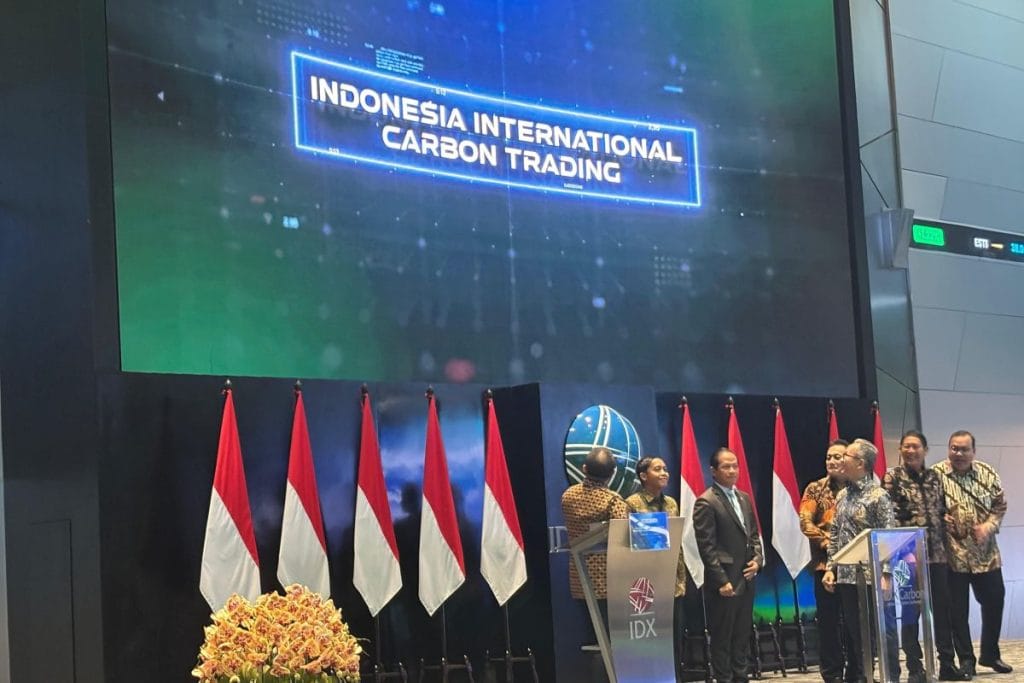Indonesia Resumes International Carbon Trade Under New Transparency Decree

• Indonesia lifts its four-year moratorium on international carbon trading through a new presidential decree.
• Cross-border transactions can resume under national or international standards, tracked by a decentralized real-time registry.
• The reform aims to attract foreign investment and support Indonesia’s 2060 net-zero emissions target.
Details of the new policy
President Prabowo Subianto has signed a decree reopening Indonesia’s international carbon trading market after a four-year suspension. The policy allows companies and project developers to resume cross-border trading of carbon credits, including large-scale conservation and reforestation projects that were previously restricted.
Under the decree, traded carbon units must be verified either under Indonesian national standards or the standards of the United Nations Framework Convention on Climate Change and other recognized international certifiers.
To prevent double counting, the decree establishes a decentralized registry that will record carbon units in real time, ensuring transparency and accuracy in the tracking of emission reductions.
By reopening international carbon trade, the government seeks to generate new foreign investment, increase fiscal revenue, and contribute to its national target of achieving net-zero greenhouse gas emissions by 2060 or earlier.
Context of the previous ban
Indonesia’s 2021 regulations had shifted the focus of its carbon market to domestic compliance trading, effectively halting the sale of credits to international buyers. The government at the time argued that carbon reductions should first be used to meet national emission goals rather than being sold abroad.
Officials also cited concerns that low global carbon prices and uneven benefit-sharing meant that producing countries were not adequately compensated for their environmental assets.
Before the moratorium, Indonesia had been one of the largest suppliers of carbon credits to the global market, particularly through REDD+ reforestation and conservation projects.
Market position and partnerships
Indonesia’s reentry into international carbon markets comes as it strengthens collaboration with global certification bodies to ensure that projects meet international credibility standards. The government has signed mutual recognition agreements with Verra, Gold Standard, Global Carbon Council, Plan Vivo, and the Joint Crediting Mechanism to facilitate cross-border trade.
Domestically, Indonesia launched its own carbon exchange in September 2023, which began offering carbon credit certificates to foreign buyers earlier this year. While trading volume has been modest so far, officials expect international participation to expand following the decree.
Outlook
The return of international carbon trading positions Indonesia as a key player in the global carbon offset market once again. The decree’s combination of national oversight, alignment with international standards, and transparent registry is intended to strengthen trust and market integrity.
If implemented effectively, Indonesia’s framework could attract new investment in nature-based solutions while supporting the country’s broader transition toward a low-carbon economy.
Related Article: Indonesia Launches Digital Tracker for Agricultural Commodities








